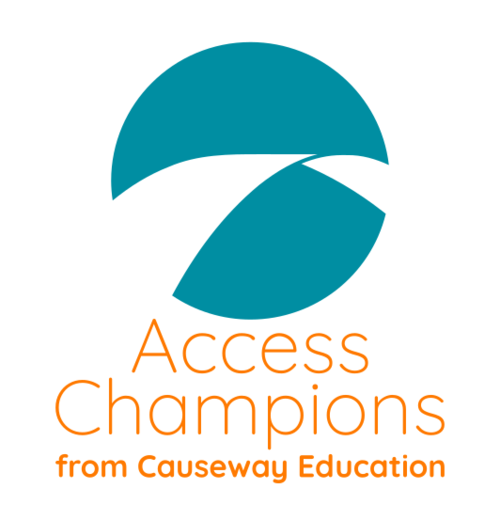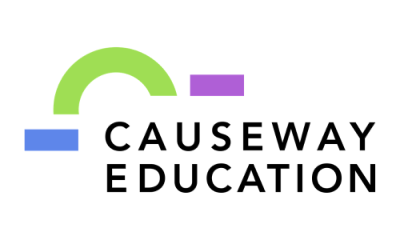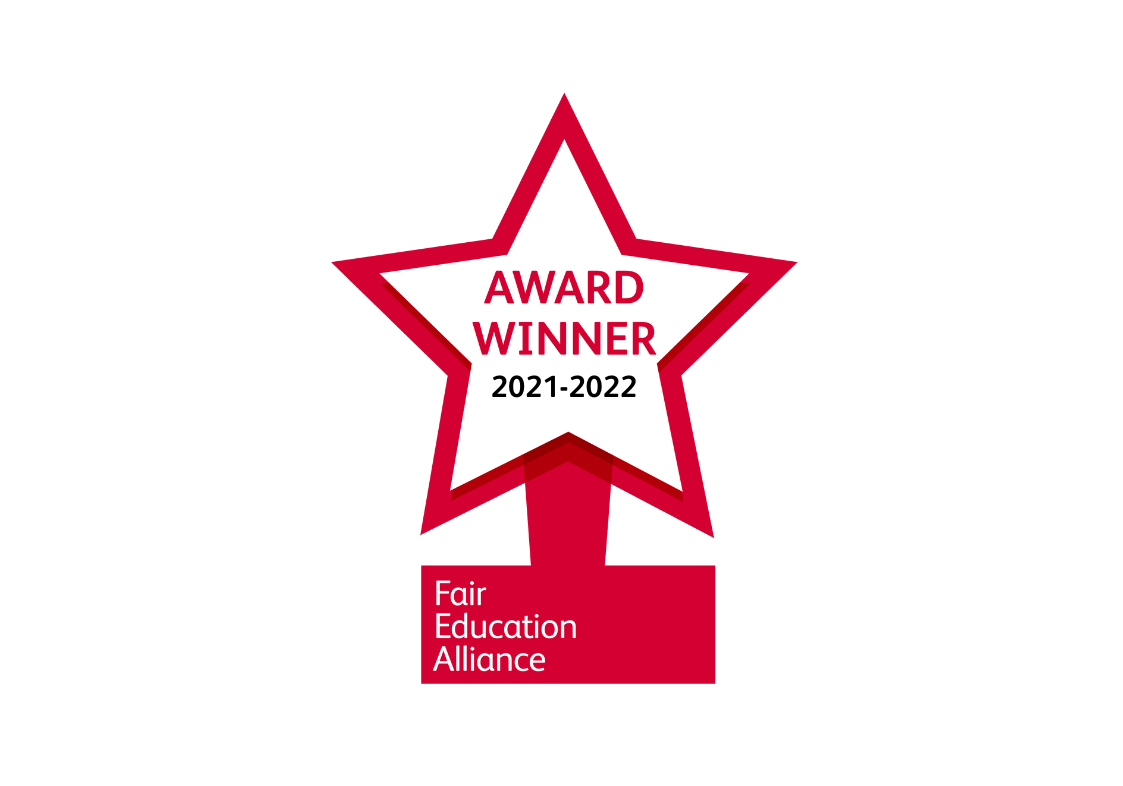The thought behind: Access Champions
/Dr Michael Englard, our Director of Research and policy, and one of the co-founders of Causeway Education, explains the thought behind our Access Champions programme.
If you had a million pounds to improve the chances of bright students going to top universities, how would you start? As a keen empiricist, your first step might be to review the evidence. As a firm believer in making a difference, your next step might be to design a programme for disadvantaged students. Who could argue with your approach: analyse the evidence to find what works, then design a programme targeted at the students who need it most?
But as many who work in Widening Participation might agree: what appears obvious rarely is. This is a curious story where dead-set certainties seem to melt away.
This story began because, as teachers and academics, we knew that the transition from school to university was fraught with snares, misunderstandings, and unrealised aspirations. Some of the problems seen in Widening Participation are clearly structural and, to some degree, intractable without deep-seated changes in how we engage students, and their parents, from a young age and ensure they have an excellent education.
But not all Widening Participation issues are impossible to solve.
In 2013, Professor Vikki Boliver at Durham University looked at ten years’ worth of UCAS data and showed that, even when state and privately educated students got exactly the same grades, state school applicants were up to a third less likely to get an offer from a leading university. Since then, strong evidence has pointed towards student attainment – which we might consider a structural problem – being the biggest key to increasing participation. But even with excellent grades state school students were not always getting the offers they deserved.
Aside from grades, we felt that the most obvious place to start was improving the quality of applications made by disadvantaged students. There was some fine research in the area, not least from Dr Steven Jones and the Sutton Trust. Dr Jones had shown that there were big disparities in the quality of personal statements written by students in the private and state sectors.
What, you might think, would be the point of working on personal statements? There are reams of information in the public domain and virtually every university offers sessions on writing. Looking more deeply, though, it seems that most information takes the form of guidelines that are easy to misinterpret and one-off events that don’t always have a bearing on the final product.
UCAS’ main guideline to students is “try to stand out” But how does an eighteen year old interpret this? In the final line of their personal statement, one finance applicant in Dr Jones’ study concluded with the memorable line “I want to study business and I mean business” – perfect for standing out in The Apprentice boardroom but utterly inappropriate for a personal statement.
Working with the Sutton Trust, we developed our first programme, the Academic Apprenticeship, which focused on getting disadvantaged students to boost their personal statements by going into detail about an academic topic of interest that really appealed to them.
Rather than saying how much they wanted to study Law, for instance, we encouraged students to research a particular case. We reasoned that getting disadvantaged applicants to show rather than state their enthusiasm for a subject could compensate for the inequalities in the quality of work experience and extra-curricular placements Dr Jones had identified. We paired students with online mentors and got them to follow subject-specific pathways.
We wanted the evaluation to be as rigorous as possible and set up participation and comparison groups. Students in both groups had attended a Sutton Trust Summer School, which meant they shared a similar academic profile and motivation. To ensure the scheme benefited applicants who needed it most, students in the participation group went to lower progression schools than those in the comparison group. In the end, UCAS data showed that 100% of students in the participation group got at least one offer from a Russell Group university compared to 73% in the comparison group.
Getting every student a Russell Group offer sounded like a huge success, but we had inadvertently discovered a different problem: when the students went back to school in September, they reported that many of their teachers had strongly advised them to remove the academic topic of interest which had been the key part of the programme.
To see how widespread this was, we worked with Dr Jones and asked academics and teachers to ‘mark’ the same set of personal statements. The results were striking: teachers and academics agreed in only 23% of cases. Teachers found the valuable topic of interest “too long”, “essay-like” and “impersonal”.
From this point on, our major focus has been to train senior teachers to lead change in their schools and colleges.
Hence our new programme: Access Champions. It’s an intensive two-year programme that concentrates on improving the systems schools and colleges use to support their students. Reviewing the evidence and using an approach based on the excellent Gatsby Benchmarks, Access Champions charts progress in six key areas, from using destinations data to co-ordinating encounters with Higher Education.
Currently in progress across England, the programme is showing good signs of success.
So, if you won the lottery and decided to spend some of the money on improving access to higher education, would you necessarily start by working with students?










